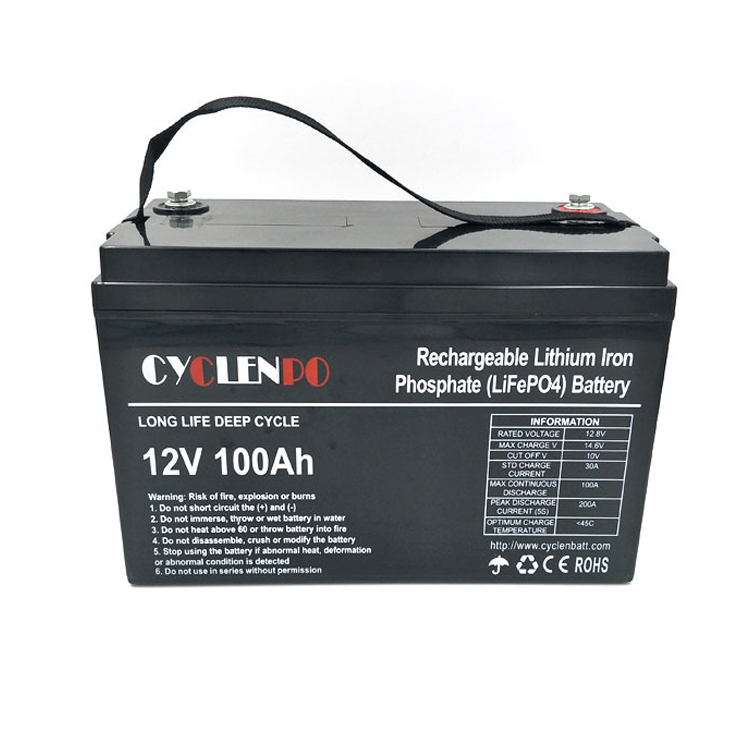What are lithium ion batteries, what are they made of and what are the benefits compared to other battery storage technologies?

First proposed in the 1970s and produced commercially by Sony in 1991, lithium batteries are now used in mobile phones, airplanes and cars. Despite several advantages which have lead them to increasing success in the energy industry, lithium ion batteries have some drawbacks and are a topic that elicits much discussion.
But what exactly are lithium batteries and how do they work?
A lithium battery is formed of four key components. It has the cathode, which determines the capacity and voltage of the battery and is the source of the lithium ions. The anode enables the electric current to flow through an external circuit and when the battery is charged, lithium ions are stored in the anode.
The electrolyte is formed of salts, solvents and additives, and serves as the conduit of lithium ions between the cathode and anode. Finally there is the separator, the physical barrier that keeps the cathode and anode apart.
Lithium batteries have a much higher energy density than other batteries. They can have up to 150 watt-hours (WH) of energy per kilogram (kg), compared to nickel-metal hydride batteries at 60-70WH/kg and lead acid ones at 25WH/kg.
They also have a lower discharge rate than others, losing around 5% of their charge in a month compared to a nickel-cadmium (NiMH) batteries which lose 20% in a month.
However, lithium batteries also contain a flammable electrolyte that can cause small scale battery fires. It was this that caused the infamous Samsung Note 7 smartphone combustions, which forced Samsung to scrap production and lose $26bn in market value. It should be noted that this has not happened to large scale lithium batteries.
Lithium-ion batteries are also more expensive to produce, as they can cost nearly 40% more to produce than nickel-cadmium batteries.
cyclenpo is a professional manufacturer and seller of lithium batteries for more than ten years. We accept customization of any type and capacity of batteries. You are welcome to understand and consult
→ https://www.lifepo4battery-factory.com/